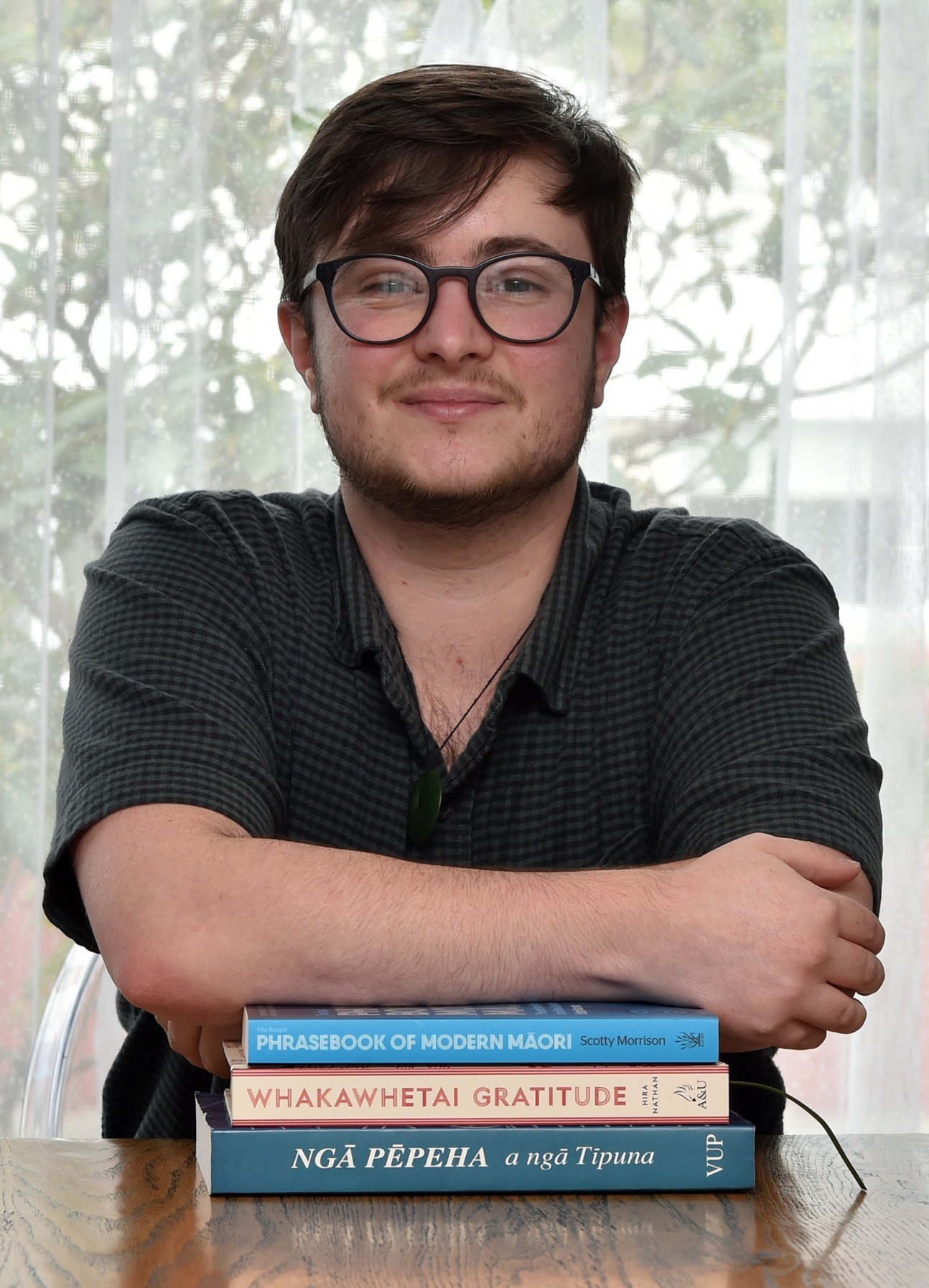
It was revealed this week the government had directed staff at Health New Zealand Te Whatu Ora (HNZ) to say "pregnant women" instead of "pregnant people".
Associate Health Minister Casey Costello wrote to interim chief executive Dr Dale Bramley on March 27, telling the agency to use "clear language".
"Recent documents that have reached my office from the Ministry of Health have referred to women as ‘pregnant people', ‘people with a cervix’ or ‘individuals capable of childbearing’," she said in the letter.
"Only women and people of the female sex can get pregnant and birth a child, no matter how they identify."
However, a Dunedin trans-health policy consultant, and transgender parent, Scout Barbour-Evans, questioned why the government was focusing on ideology instead of addressing health issues impacting New Zealanders.
"We've got massive waiting lists for surgeries, and there is a massive hold on the Dunedin hospital rebuild.
"We’re on this perpetual wait and we're not getting access to the services that we need and deserve ... at the same time, the ministers in government are choosing to take issues that impact such a small proportion of the population, that don't affect anyone else, and change them because of ideology," they said.
Barbour-Evans, who gave birth to their daughter six and a-half years ago, said it was "unnecessarily cruel" to consider this their healthcare focus.
"This is not just neglecting trans people, but the wider population as a whole."
They said using correct terminology was "mana enhancing".
"I'm really privileged in some of my work to be able to train primary healthcare professionals in trans health."
They said there was a massive amount of interest and desire from healthcare professionals to learn, but doing the work was really hard when "things like this" slowed progress.
"Thankfully a lot of the healthcare professionals that I speak to only get more motivated by things like this — it makes them want to train harder."
An HNZ spokesperson told RNZ the agency did not have a policy relating to the use of gender-inclusive language.
It was not clear if the agency has made any changes to its approach since receiving the letter, but in its 2023-24 annual report it referred to both "pregnant women" and "pregnant people".











